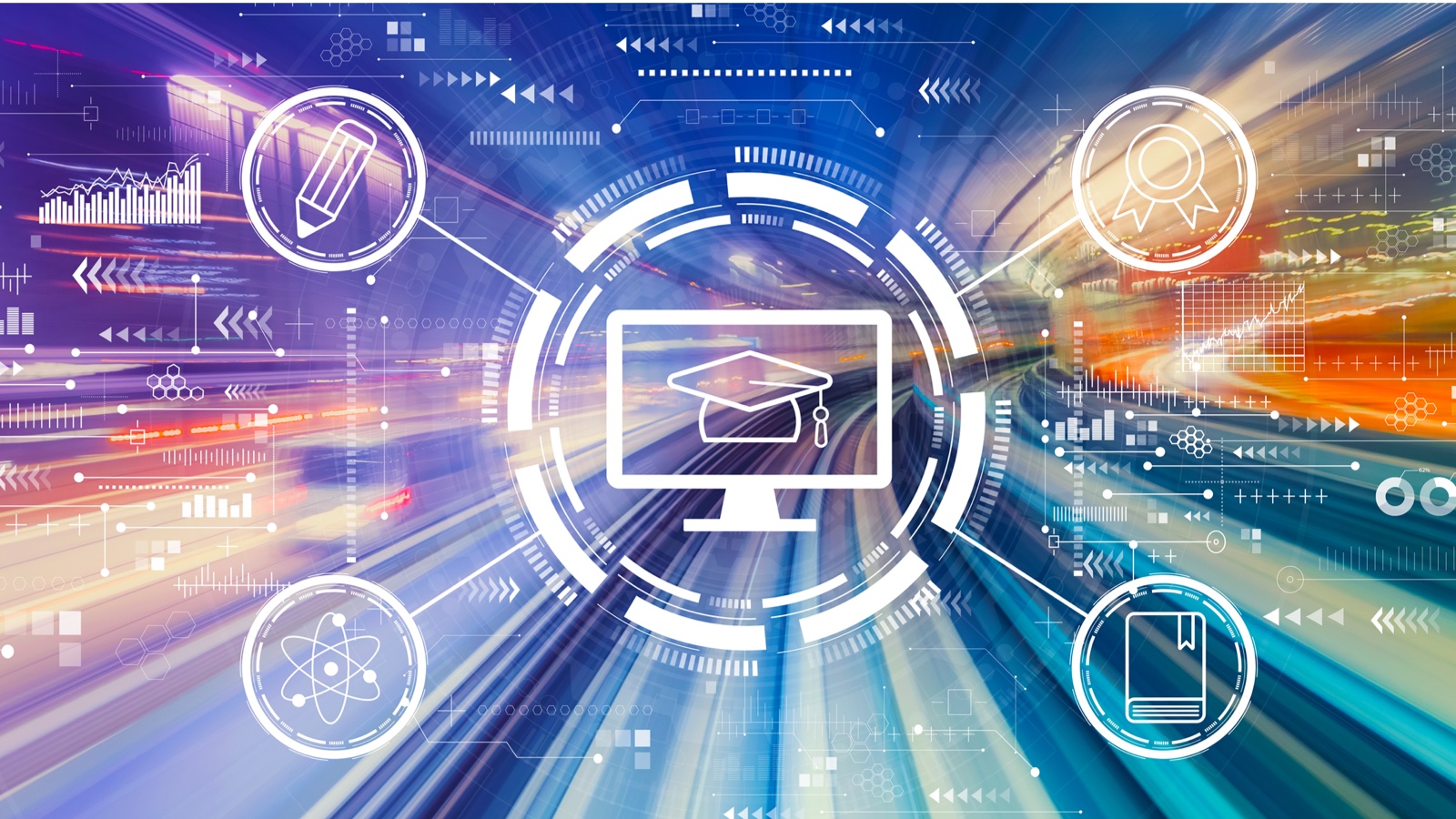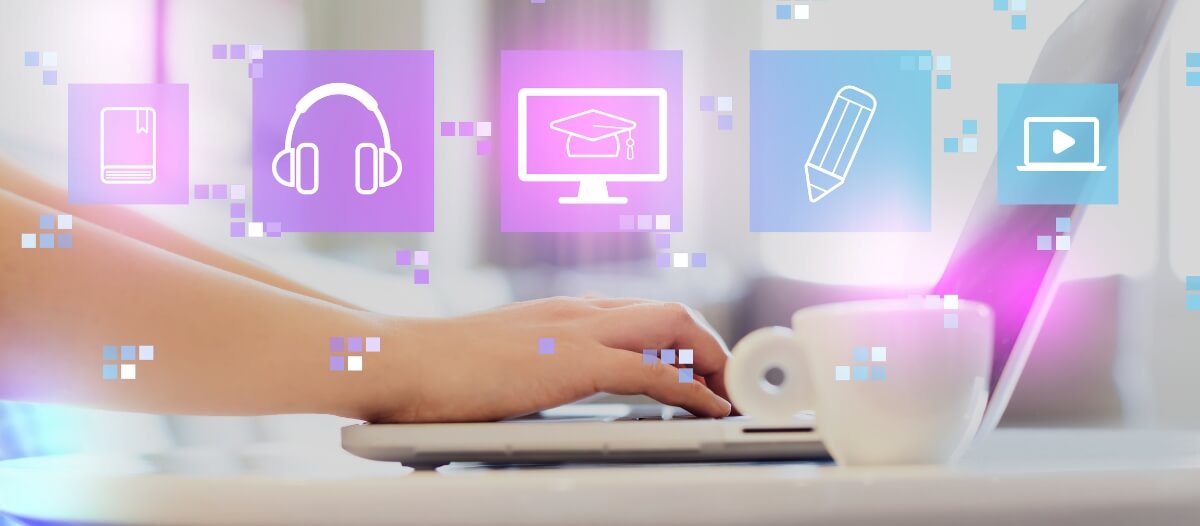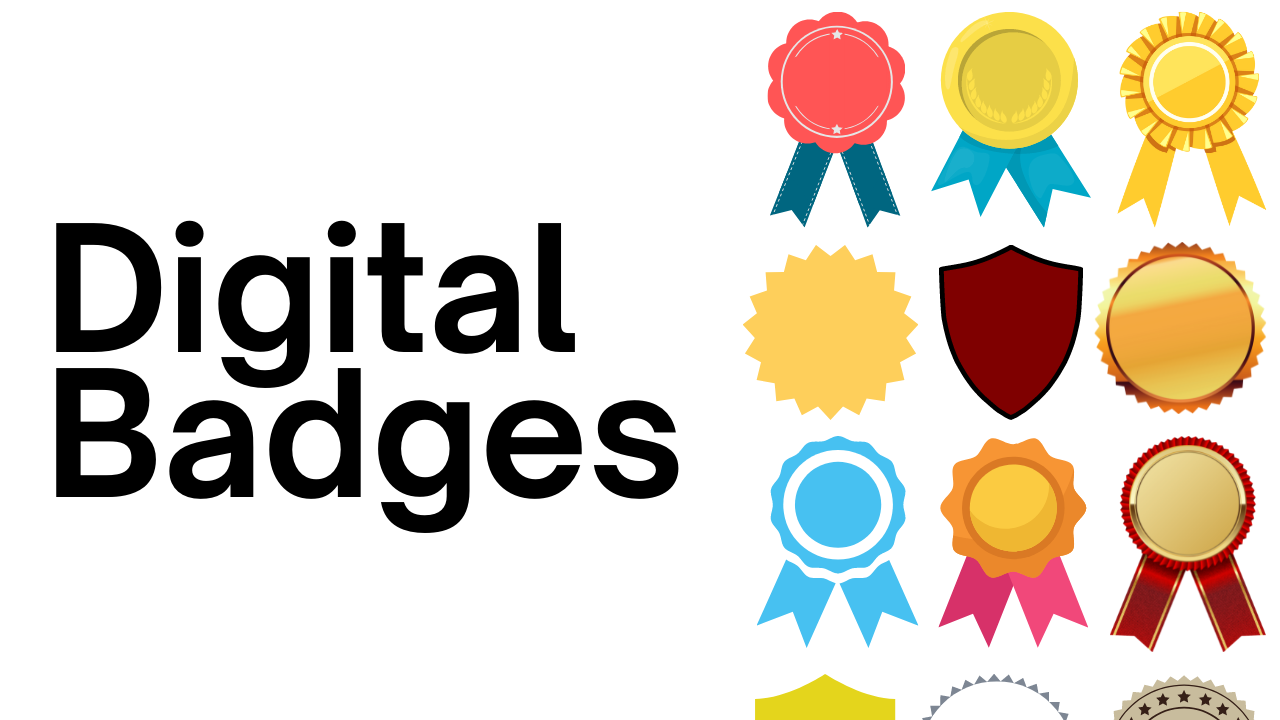Introduction
The rapid advancement of Information Technology (IT) has revolutionized many industries, and education is no exception. E-learning has experienced significant growth due to the integration of IT, enabling students and educators to access learning materials and opportunities like never before.
From online courses to interactive learning platforms, IT has transformed the educational landscape, making it more accessible, personalized, and flexible for learners across the globe. This essay explores the profound impact IT technology has had on the education and e-learning industry, reshaping how we approach teaching and learning in the digital age.
1. Increased Accessibility
Global Reach: IT technology has made education accessible to a global audience. Students from remote or underserved areas can now access high-quality educational resources from anywhere with an internet connection.
Flexible Learning: E-learning platforms offer flexibility, allowing learners to access materials at their own pace and convenience, accommodating different schedules and learning styles.

2. Cost-Effectiveness
Affordable Education: IT-driven e-learning platforms reduce costs associated with traditional education, such as travel, housing, and physical infrastructure. This has democratized learning, especially in regions where education is expensive.
Open Educational Resources (OER): Many e-learning platforms offer free or low-cost learning resources, making it easier for students to access high-quality education at little to no cost.
3. Personalized Learning
Adaptive Learning Systems: AI and machine learning technologies help create personalized learning paths by analyzing students' performance and adapting content to match their strengths and weaknesses.
Customizable Courses: IT technology allows e-learning platforms to offer tailored courses that cater to individual needs, interests, and skill levels, enhancing the learning experience.

4. Interactive Learning Experiences
Gamification: Incorporating elements of gaming into learning makes education more engaging. Learners stay motivated with rewards, points, and challenges, creating a more interactive experience.
Virtual and Augmented Reality (VR/AR): These technologies enhance the learning experience by allowing students to participate in immersive simulations and virtual environments, improving engagement and retention, particularly in subjects like science, history, and geography.

5. Collaboration and Communication
Online Collaboration Tools: IT technology fosters collaboration between students and educators through tools like video conferencing, cloud-based document sharing, and discussion forums, making group projects and peer-to-peer learning possible in a virtual space.
Global Learning Communities: E-learning platforms bring together students from around the world, enabling cultural exchange, diverse perspectives, and international networking.
6. Real-Time Data and Analytics
Performance Tracking: IT systems provide real-time data analytics, enabling educators to monitor student progress, identify challenges, and offer timely support.
Feedback Mechanisms: Instant feedback on quizzes, tests, and assignments allows students to learn from their mistakes and improve continuously.
7. Continuous Learning and Skill Development
Lifelong Learning: IT technology has expanded the scope of education beyond formal schooling. E-learning platforms offer professional certifications, online courses, and skill development opportunities, allowing individuals to upskill and reskill throughout their careers.
Microlearning: IT enables bite-sized learning modules, which are ideal for people looking to learn specific skills in a short amount of time, thus making learning more adaptable to modern needs.

8. Automation of Administrative Tasks
Efficiency in Education Management: IT technology streamlines administrative processes such as enrollment, grading, attendance tracking, and communication, freeing up time for educators to focus on teaching.
Content Management Systems (CMS): Platforms like Moodle and Blackboard simplify the process of distributing educational materials, tracking progress, and organizing curricula.
9. Inclusivity for Special Needs Education
Assistive Technologies: IT technology supports special education by offering tools like screen readers, speech-to-text systems, and tailored learning apps that accommodate students with disabilities, ensuring inclusive education.
10. Credentialing and Blockchain for Education
Digital Badges and Certificates: IT technology provides secure, verifiable digital credentials through blockchain, enabling learners to prove their skills and qualifications to potential employers without relying on traditional paper documentation.

Conclusion
In conclusion, the influence of IT technology on the education and e-learning industry has been transformative, driving accessibility, personalization, and engagement in unprecedented ways.
By enabling flexible learning, fostering global collaboration, and supporting continuous skill development, IT has democratized education and made it adaptable to the needs of modern learners. As technology continues to evolve, the future promises even more innovative solutions, further enhancing the educational experience and shaping the future of learning for generations to come.
